One of the holiday season’s highlights is the wide assortment of mouthwatering dishes that we enjoy at each celebration. And, while spoiling your pet by inviting them to the feast is tempting, you should refrain from sharing many popular dishes, because they are hazardous to your pet’s health.
Yet, your pet does not have to be totally excluded from holiday indulgences. The following pet-safe holiday food swaps that our Chiefland Animal Hospital team is sharing will ensure your four-legged friend has a safe and delicious holiday season.
Serve this, not that: Turkey breast, not ham
How to safely serve your pet: Christmas hams are typically high in fat and salt and dangerous for pets, particularly those susceptible to pancreatitis. So, rather than letting your pet gnaw on the ham bone, make a healthy swap to turkey breast. Ensure the small portion is boneless, skinless, and free from seasonings and spices. The white breast meat, which has a lower fat content than the thighs or legs, is healthier than the dark meat.
Serve this, not that: Sweet potatoes, not garlic mashed potatoes
How to safely serve your pet: Buttery mashed potatoes swimming in rich gravy is a popular accompaniment, but refrain from dishing up a portion to your pet. Butter, cream, and gravy, which are high in calories, fat, and sodium, are unhealthy ingredients for pets and should be avoided to prevent pancreatitis. If your pet eats some mashed potatoes with added garlic, chives, or other herbs and seasonings, they can develop red blood cell damage, anemia, or toxicity.
Swap out mashed potatoes for sweet potatoes as a healthy alternative. Steam and mash the sweet potatoes—you can leave on the skin or peel them—and serve your pet a small amount. Keeping the sweet potatoes plain and simple allows your furry pal to safely enjoy their antioxidants, beta-carotene, fiber, and various vitamins and minerals.
Serve this, not that: Corn kernels, not corn on the cob
How to safely serve your pet: While a corn cob may seem like the perfect holiday treat for your pooch to chomp, the cob is a choking and obstruction hazard. Corn cobs typically cannot easily pass through your pet’s gastrointestinal (GI) tract, and can cause a life-threatening blockage that requires emergency surgical removal. Instead, cut the kernels off the cob and serve them plain, with no salt, butter, or other seasonings.
Serve this, not that: Berries or bananas, not grapes or raisins
How to safely serve your pet: Mince pies, Christmas puddings, and fruitcake contain toxic raisins, so avoid sharing them with your pet. Grapes, raisins, and currants contain varying amounts of tartaric acid, a compound found in many plants and their fruits that can cause kidney failure in pets. The exact toxic dose is unknown, so determining whether toxicity will result is difficult. Only a handful of grapes can cause toxicity in some pets, while others can gulp down an entire raisin-studded fruitcake, so play it safe and keep all grapes and similar fruits from your pet. Swap them out for safe berries, bananas, apples, or melons that you serve in raw chunks, or steamed, so they are sweetened and softened.
Serve this, not that: Dental chews, not bones
How to safely serve your pet: Your furry pal may be eyeing the turkey drumstick and hoping to gnaw on the meaty bone, but all bones—whether or not they are cooked—should be avoided. Bones can easily fracture your pet’s teeth, or splinter and pierce their GI tract. Bone fragments also can become lodged in the stomach or the intestines and require surgical removal.
Give your dog a healthy dental chew rather than a bone. Not only will they appreciate the long-lasting treat, but they’ll also get the benefit of a tasty plaque-fighting snack.
Serve this, not that: Canned pumpkin, not pumpkin pie
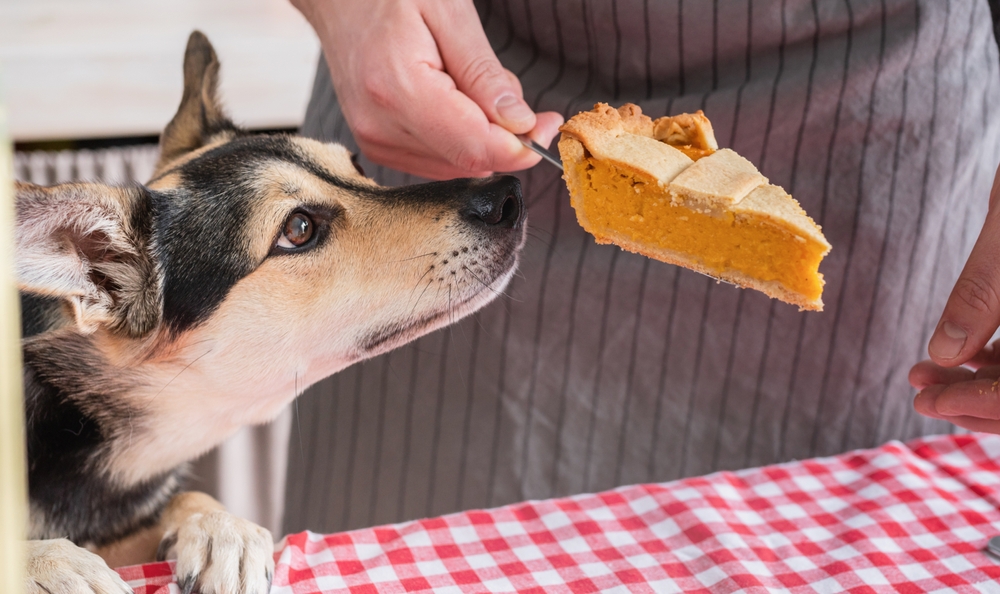
How to safely serve your pet: Pumpkin pie, which is one of the most anticipated dishes on the dessert table, contains several ingredients unsafe for pets. Nutmeg in particular is toxic to pets, so avoid giving your furry pal a slice of pumpkin pie.
Swap out pumpkin pie with a small dish of plain canned pumpkin—not pumpkin pie filling. You can add a dollop of whipped cream to make the treat extra-special, since whipped cream is safe for pets, despite being high in fat, sugar, and calories.
Despite your best efforts at swapping out dangerous foods for pet-safe ones, your furry pal may sneak a snack from the trash can or successfully beg from a guest. If your pet experiences a food-related holiday mishap, contact our Chiefland Animal Hospital team for help.



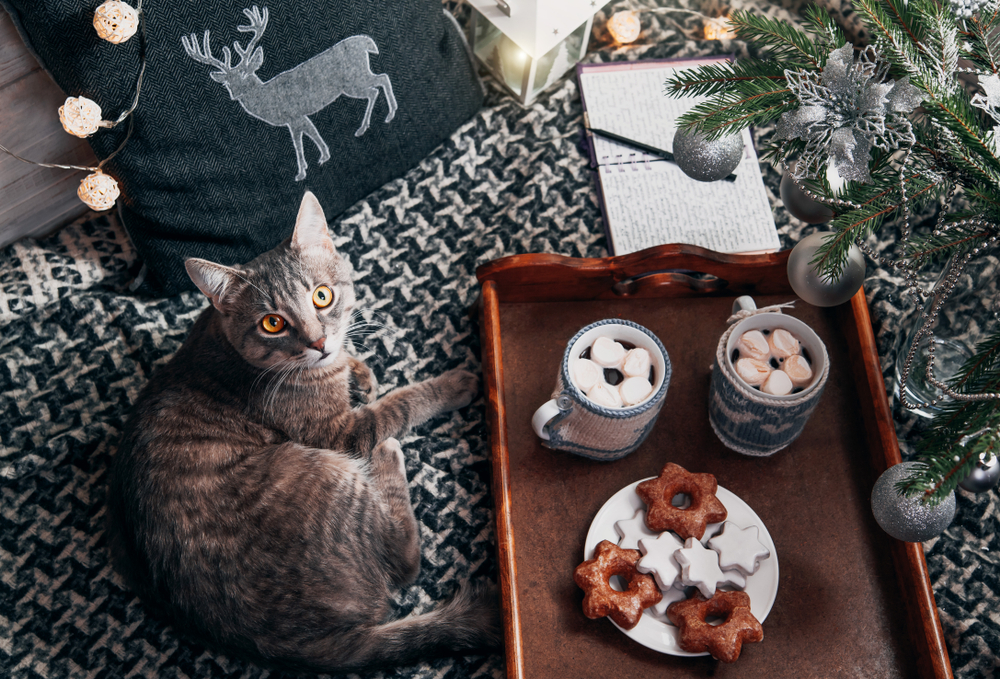
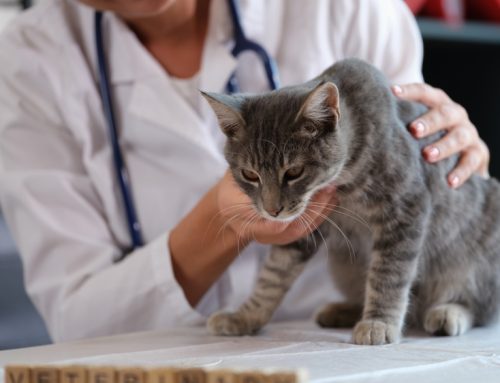
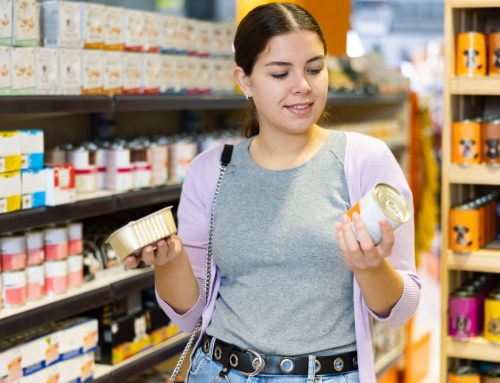
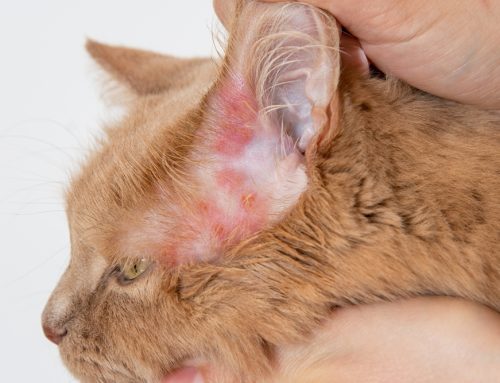

Leave A Comment